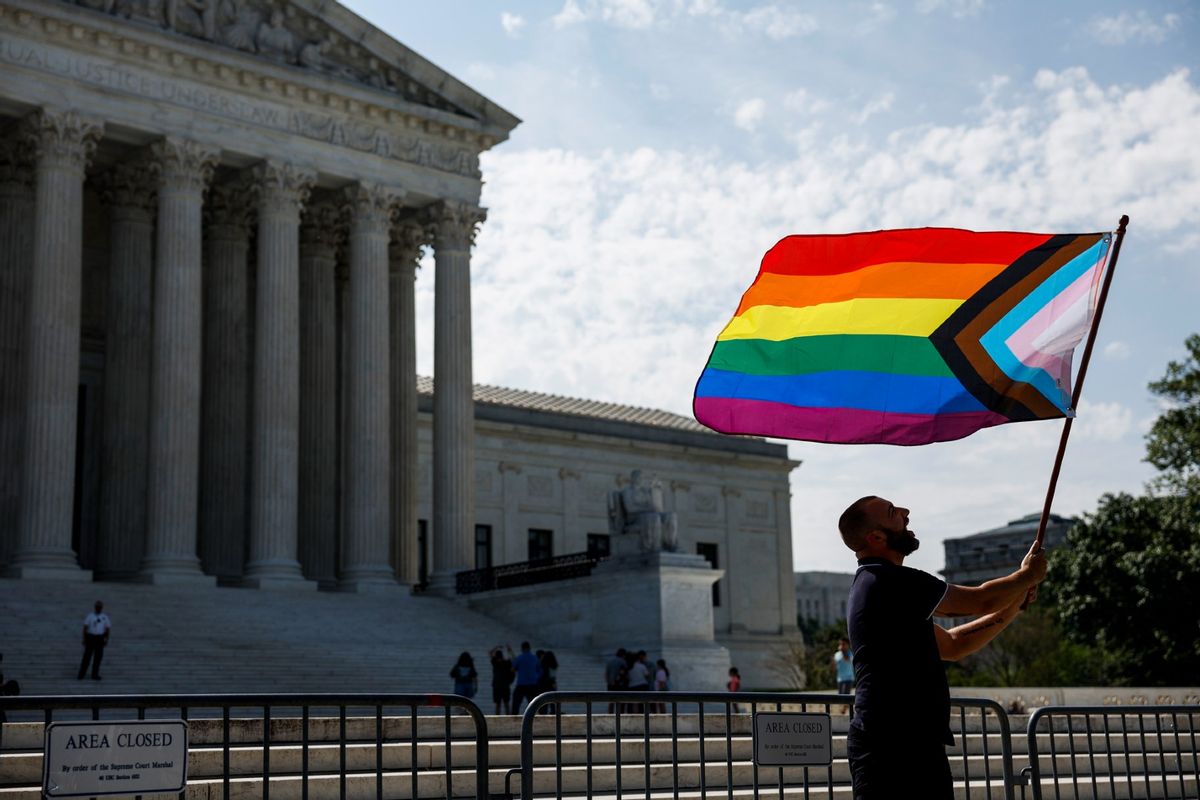Supreme Court Justice Sonia Sotomayor used her dissent in a case that struck at non-citizen and citizen marriage rights to issue a stark warning on the future of gay marriage rights.
The 6-3 ruling penned by Trump appointee Amy Coney Barrett in Department of State v. Muñoz held that a citizen has no “fundamental liberty interest in her noncitizen spouse being admitted to the country,” denying a couple’s plea after a U.S. citizen’s husband was denied a visa.
Opening her dissent with the central holding of the landmark 2015 Obergefell v. Hodges, that “the right to marry is fundamental as a matter of history and tradition,” the justice laid into her conservative colleagues’ destruction of the right to marry for Muñoz.
“Despite the majority’s assurance two terms ago that its eradication of the right to abortion ‘does not undermine . . . in any way’ other entrenched substantive due process rights such as ‘the right to marry,’... the Court fails at the first pass,” Sotomayor wrote in the dissent, joined by liberal justices Elana Kagan and Ketanji Brown Jackson.
As legal journalist Mark Joseph Stern noted in an X post, Sotomayor delivered a “very ominous opinion.”
“Her dissent is littered with alarm bells about Obergefell,” Stern said. “I think Justice Sotomayor is clearly correct that the Supreme Court's gratuitous attack on the constitutional rights of married couples in Muñoz—especially same-sex couples—suggests that the conservative justices hate Obergefell and may roll it back.”
Sotomayor previously opened up on the reality of life on an increasingly radical court, expressing the feeling of hopelessness amid the Court’s round of controversial decisions.
“There are days that I’ve come to my office after an announcement of a case and closed my door and cried,” Sotomayor told a crowd at Harvard Law School last month, per the New York Times. “There have been those days. And there likely will be more.”
Sotomayor, 69, has had to dodge calls from progressives who say she should resign from the court ahead of the November election and allow President Joe Biden to install a younger replacement.
Biden, who said in a fundraiser last week that the next president is “likely to have two new Supreme Court nominees,” has yet to call for her to do so.



Shares